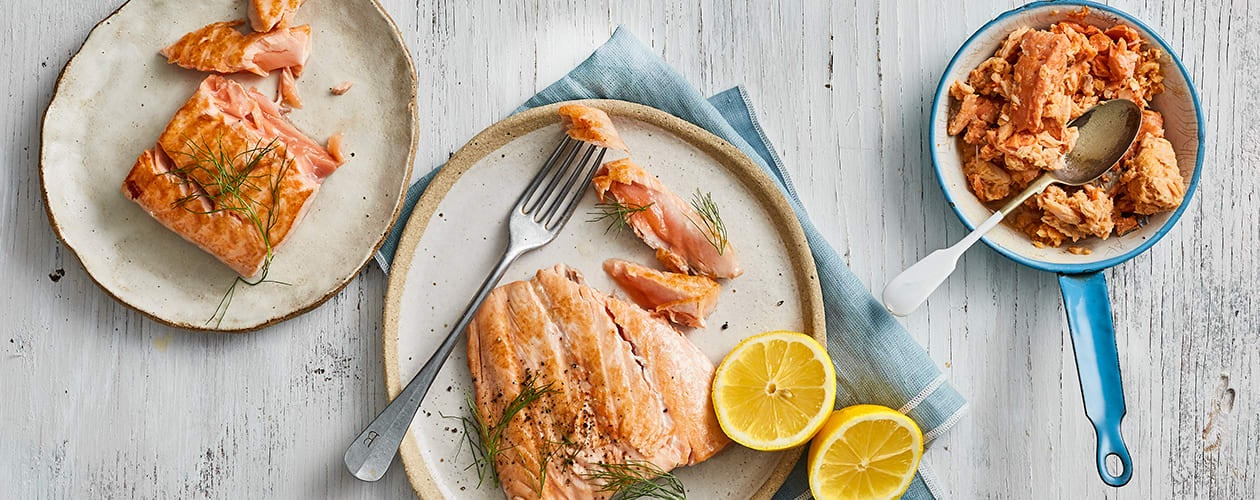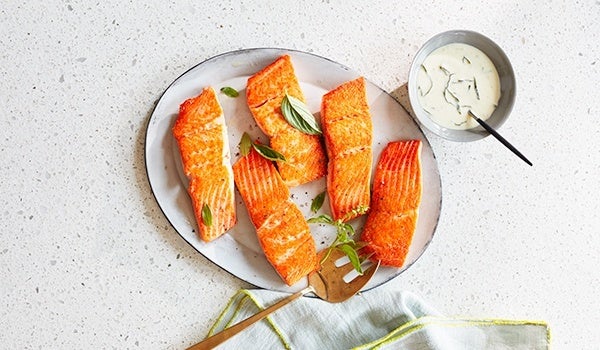Here’s what we know about COVID-19 and vitamin D


Summary
- As researchers race to gain insight into the coronavirus that causes COVID-19, a growing number of studies are investigating the potential role of nutrition in how the disease plays out.
- Vitamin D recently became the subject of international attention when a published study observed a broad correlation between the average vitamin D level of a given population and that population’s COVID-19 outcomes, sparking discussion that lower vitamin D levels may be associated with critical cases of COVID-19. Although the research is considered preliminary (more on that below) and doesn’t prove that vitamin D affects COVID-19 outcomes, the news may seem concerning to many.
- The Australian Health Survey found that most Australian adults had Vitamin D levels above 50 nmol/L, with 23% having lower levels which is 1 in 5 Australians. This increased to 36% in winter in particular for those living in the south-eastern states of Australia, such as Victoria and the Australian Capital Territory.
- Vitamin D also occurs naturally in some foods, including egg yolks, oily fish and some fortified foods, like breakfast cereals. Some simple steps can help provide the vitamin D you need to support your overall health.
Here, researchers and other experts explain vitamin D’s role in immune responses and health, how much you need, and some practical ways to hit your recommended target.
Vitamin D and your immune system
There's no question: vitamin D is one of the key nutrients we need for staying healthy. A 2011 study review published in the Journal of Investigative Medicine found that it plays an important role in immune operations, helping the body respond to outside viruses and infections. On the flip side of that coin, the same review found that vitamin D deficiency is associated with increased susceptibility to infections. Vitamin D also aids cell growth and helps lower inflammation, according to the National Institutes of Health (NIH).
Vitamin D is just one of the many nutrients vital for a healthy immune system, which include vitamins A, C, E, B6, and B12, plus folic acid, iron, copper, selenium, and zinc.
RELATED: 5 immune system booster foods
The possible link between COVID-19 and vitamin D
Here’s the story behind the headlines you may have seen: A team led by Cristian Ilie, a principal research scientist for NORC at the University of Chicago, recently published a study that raised the question of a possible relationship between lowered vitamin D status and the severity of COVID-19 symptoms, as well as deaths.
To conduct the study, which was published in the journal Aging Clinical and Experimental Research, the team analysed data on average levels of vitamin D among populations of different European nations. Then, they compared each national average with that country’s number of COVD-19 cases and COVID-19 deaths per million people (as of April 2020). The trend they observed: The higher a country’s average level of vitamin D, the fewer cases of COVID-19 and deaths from COVID-19 were reported.
Speaking with WeightWatchers®, IIie says this study builds on earlier findings suggesting that vitamin D may protect against acute respiratory infections. Nevertheless, he cautions, his research concerning COVID-19 and vitamin D is preliminary and has considerable limitations—such as the lack of universal testing protocols for COVID-19.
It’s also important to note that observational studies like Ilie’s are not designed to figure out cause and effect. For the COVID-19 cases reported in his study, it’s possible that factors that commonly occur with low levels of vitamin D played a role. For example, many of the nations with lower average vitamin D levels are also those with large elderly populations—and age might have been a factor.
Researchers worldwide are investigating many factors that could potentially impact COVID-19 infection rates, symptoms, and complications. It’s far too soon to draw definitive conclusions about vitamin D.
Vitamin D in the age of social distancing
Since vitamin D is still important to health, it’s worth discussing how spending more time at home may be affecting your status. If you’ve been hunkering down indoors more than usual lately, it might pay to step outside more often. Skin produces vitamin D with exposure to the sun's UV rays, and you can’t get that boost by sitting behind glass windows, says dermatologist, Shilpi Khetarpal.
Fifteen to 30 minutes of direct sun exposure on areas such as the arms, legs, and torso a few days a week generally is enough to produce adequate vitamin D levels for adults, Khetarpal explains. People with fair skin can aim for the shorter end of that bracket, while the 30-minute end is often optimal for people with darker skin, as well as older adults in general. With age, skin loses some ability to synthesise vitamin D from the sun. And melanin responsible for skin’s natural pigmentation decreases the amount of vitamin D produced from UV rays within any given time period, Khetarpal says.
You might be wondering, “Will my skin produce vitamin D if I’m wearing a broad-spectrum sunscreen?” In general, yes, Khetarpal says, echoing a small 2019 study published in the British Journal of Dermatology. In that research, holiday makers in the Canary Islands who applied adequate sunscreen to prevent sunburn still saw increases in blood levels of vitamin D after catching some rays. Given that unprotected sun exposure raises the risk of skin cancer, Khetarpal recommends applying sunscreen to any exposed skin 30 minutes before heading outside, reapplying every two hours during extended outdoor adventures.
Vitamin D in our diet: How much do we need?
The amount of vitamin D you need varies with your age:
Anybody under the age of 50 needs 5 micrograms each day (µg/day).
People aged 51 to 70 need 10 µg/day.
People 70 and over need 15.0 µg /day.
How to eat your way to more vitamin D
Only a small number of foods naturally contain vitamin D. If you want to focus on bringing more vitamin D into your diet, think eggs, fatty fish, and fortified products.
If your diet tends to be low in vitamin D, taking a supplement can help ensure you’re getting enough, says Jackie London, registered dietitian. First, chat with your doctor to make sure a supplement makes sense in your overall wellness plan.
Vitamin D and your health
As the global conversation around COVID-19 continues to evolve, vitamin D remains important for overall health. Making sure you're getting enough of this nutrient through healthy sunlight exposure and diet can help you on your wellness journey—now and in the future.
